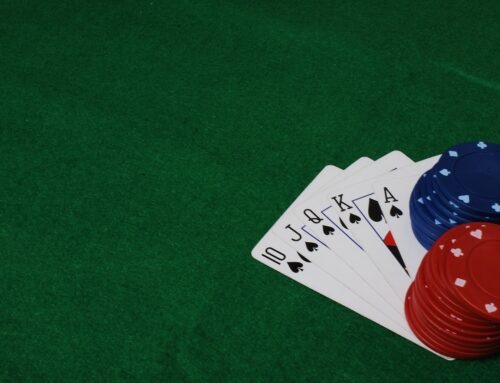Daniel Kahneman has made a notable contribution to our understanding of the psychology of decision making. One of his significant insights is that we have two modes of thinking that act like semi-independent systems in our cognitive machinery. System 1 is fast and automatic, and uses very little mental energy. System 2 is slower and more deliberate, and it requires considerable effort and concentration, which is an energy-intensive process.
Our cognitive machinery is optimised for the efficient use of mental resources, it’s designed to expend as little effort as possible. We humans are cognitive misers, which means that we conserve mental energy by mostly relying on impulsive system 1, which receives only light supervision from intentional system 2. System 1 generates a stream of impressions which are mostly endorsed by system 2 and these become encoded as a set of beliefs, some of which are heuristics.
For most of the time, this setup works well. It is vital that system 1 enables you to take swift action because there are certain situations, such as threats to your physical survival, in which it would be highly inefficient and probably fatal to engage system 2. But there are other situations, such as making a judgment call on a complex problem, where it would make sense to use system 2 and expend the required mental energy.
Making profitable investment decisions with any degree of consistency is a classic system 2 operation, it’s very difficult to do and it requires deliberate cognitive effort. But because your cognitive machinery is designed to conserve mental energy, you tend to unconsciously rely on heuristics that oversimplify complex situations.
Heuristics are simplifying rules of thumb and are therefore, by definition, imperfect representations of reality. That is not to say that they are necessarily always false, but neither are they true for all times in all circumstances. An example is the trend is your friend, a rule of thumb that will have some basis in fact or experience. If reliance on this heuristic proved to be profitable in the past, especially during a formative stage in the development of your investment brain, there is a high likelihood that the rule will have become encoded as truth.
But we humans are storied animals. We need a coherent story about what we are doing in order to maintain our sense of self, and the coherence of the story is usually more important than its truth. So if a rule of thumb corresponds with a coherent and memorable story, it can be unconsciously upgraded to the status of eternal truth. But, as we are periodically reminded, the trend is your friend until it isn’t. Not so eternal.
The use of heuristics enables you to arrive at a satisfactory-seeming answer to a difficult question without squandering too much mental energy. One of the ways in which you do this is that questions that are difficult to answer and require the effort of system 2 are unknowingly substituted by questions that are easily and intuitively answered by system 1.
You are hardwired to use simplifying heuristics to make difficult judgments, and the reliance on heuristics causes predictable or systematic errors of judgment. This is so, even in the hypothetical case where you experience no cognitive interference from noise.
However, when you add noise to task-complexity, which is a good description of the world of fund management, there is an even greater probability that errors of judgment will occur. Noise amplifies the problems that exist due to our brains having not yet fully adapted to the modern-day environment.
From a psychological perspective, acute noise causes a surge in your cognitive load and a corresponding increase in your tendency to oversimplify complex problems. Acute noise radically interferes with your ability to engage in deliberate thought. If you attempt to make an investment decision while under the influence of acute noise, you will rely on simplifying and imperfect heuristics, which make you prone to cognitive bias, decision error and alpha destruction.
When you make impulsive, heuristic-driven decisions in the domain of financial markets, your reliance on system 1 will feel easy and natural, it will feel intuitively right, precisely because the system that is really required for the job, the effortful system 2, has been bypassed. The irony is that what feels right will almost invariably be wrong.
- What investment rules-of-thumb do you consciously use?
- What unconscious heuristics do your investment actions imply?
- How will you avoid being injured by periodic bouts of acute noise?
References
- Justin Newdigate: Noise (2019)
- Daniel Kahneman: Thinking, Fast And Slow (2011)
- David Loy: The World Is Made Of Stories (2010)







Leave A Comment